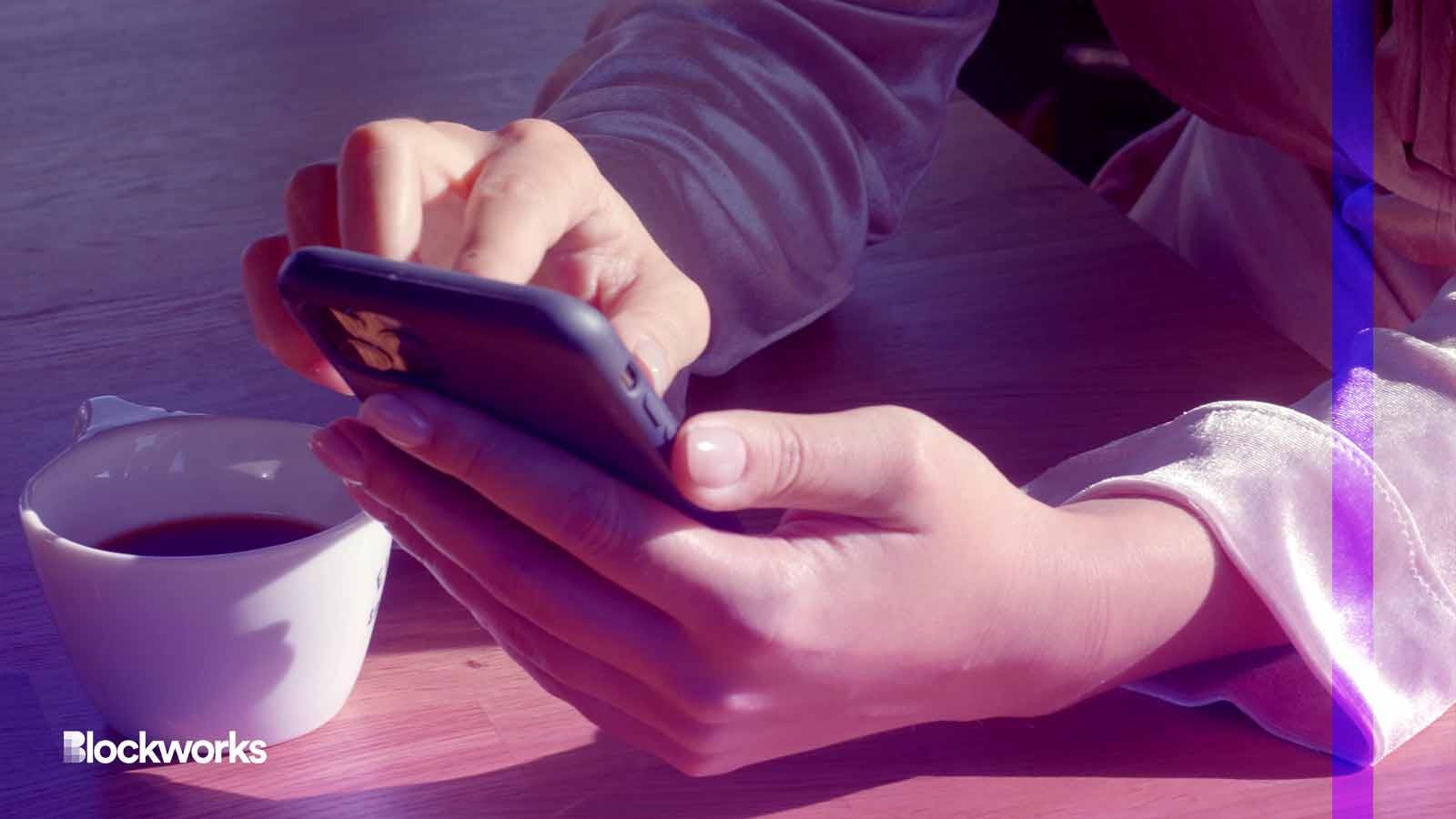Push Protocol Drops Wallet-to-wallet Video Chatting Feature
The protocol’s founders pitched the feature as a way to further enrich the Web3 ecosystem

Beauty Stock/Shutterstock modified by Blockworks
Decentralized communication network Push Protocol released a wallet-to-wallet video chatting feature on its Web3 messaging platform Thursday.
Harsh Rajat, CEO and co-founder of the protocol, told Blockworks that adding video calling to Web3 products is similar to how groundbreaking video calling was for Web2.
“Video and audio calls are just a way to enhance the Web3 communication in a Web3 native way,” Rajat said. “It basically enables a communication rail for anything a Web3 developer wants to do.”
One way it enhances the Web3 experience is allowing celebrities or influencers to token-gate or NFT-gate exclusive video calls with their fans, Rajat said. The same thing could be done with live streams, which he suggested has implications for gaming.
It also allows crypto-inclined individuals to not have to rely on platforms such as Gmail or Zoom, which aren’t peer-to-peer, to engage in transactions with one another.
Push Protocol launched on the Ethereum network in January 2022 and later expanded to Polygon chain and the BNB chain. Push Chat launched in October 2022, enabling users to send messages between wallets.
The project began circulating its intention to add a video chatting feature to the service all the way back in its 2020 white paper.
Jake Udell, founder of Web3 platform Metalink, was generally skeptical of decentralized messaging protocols, mentioning that some of them “have been able to conceal the message but without concealing the sender’s address.”
Richa Joshi, co-founder of Push Protocol, told Blockworks that Push Chat’s messages are encrypted but the wallets are not.
“[You] can still tell if a wallet is communicating with another wallet but not the content. The way we do it is by double encryption which means [a] PGP key (like whatsapp) is generated for each user locally which is used to encrypt and decrypt the messages,” Joshi wrote in an email.
Still, Udell said he understands the utility behind video messaging being added to peer-to-peer networks.
“These types of innovations could unlock a tremendous amount of utility when it comes to sharing family photos, interacting in community chat channels and private messaging more generally,” Udell said. “I wouldn’t be surprised if we are at the beginning phases of seeing something that is private and highly functional being built out at scale.”
Josh Siegel, chief product officer at Dfns, told Blockworks that encryption is essential for Web3 messaging apps; a “key feature” differentiating them from traditional messaging apps, he said.
Beyond encryption, Siegel threw out a whole suite of different use cases for wallet-to-wallet messaging, including allowing DAOs to more easily notify members about new proposals to vote on, and their outcomes.
“Think of it as a group chat with a bank account,” Siegel said. “Wallet-to-wallet messaging lets NFT buyers and sellers negotiate in the same place where they’re making their purchases. It lets dapps incorporate bot or live-chat customer service, which is hugely important for accessibility.”
Updated April 14, 2023 at 12:24 pm ET: Added comment from Richa Joshi, co-founder of Push Protocol.
Get the news in your inbox. Explore Blockworks newsletters:
- The Breakdown: Decoding crypto and the markets. Daily.
- 0xResearch: Alpha in your inbox. Think like an analyst.






